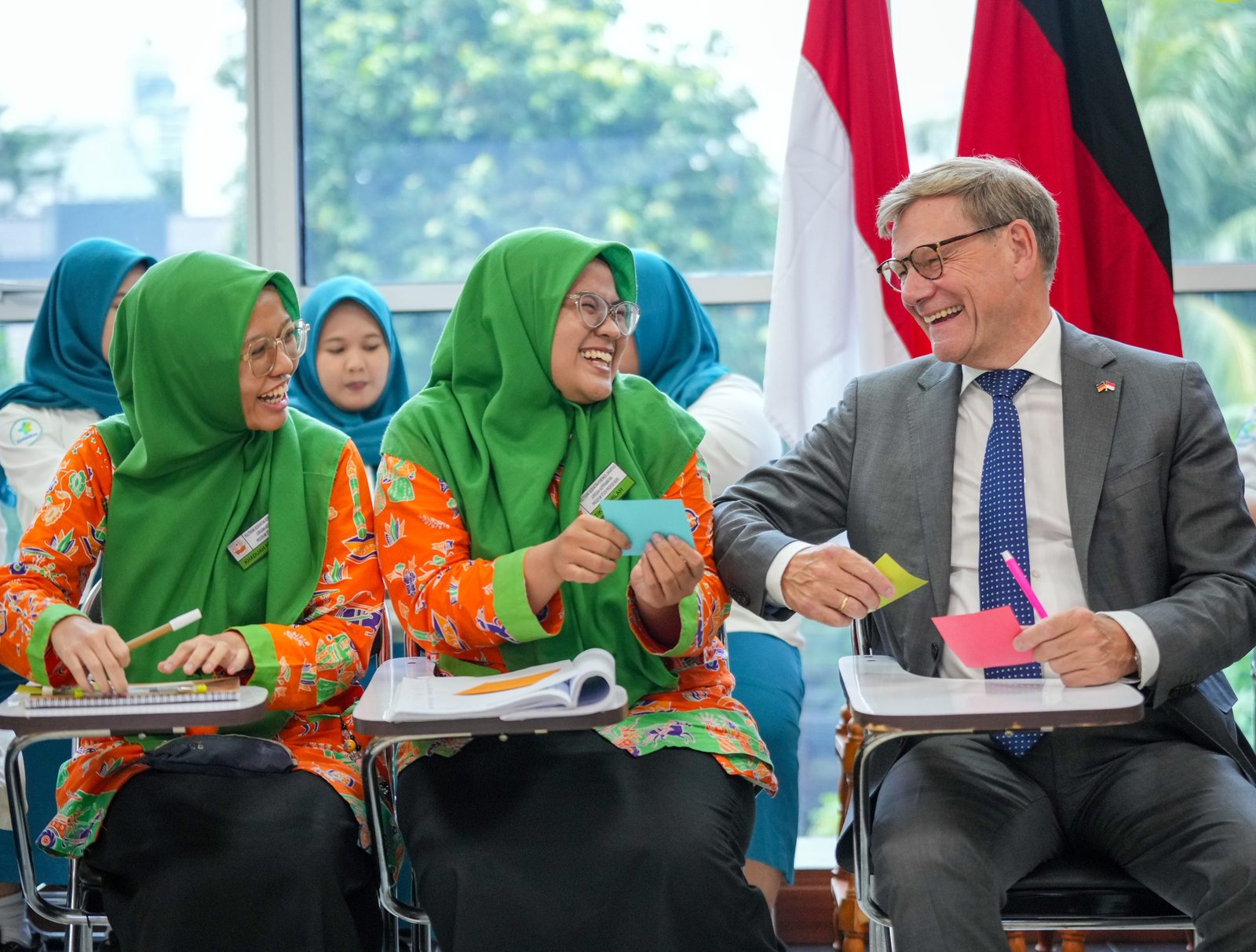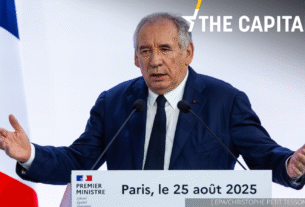BERLIN – It‘s hard to believe given the record borrowing splurge that Germany‘s new government is indulging in, but money is actually tight in the German capital.
Much of the additional fiscal headroom that the coalition created earlier this year by loosening the country‘s strict debt rules is earmarked for defence and infrastructure spending.
The ruling Christian Democrats and their centre-left coalition partners, the Social Democrats (SPD), have expensive pet projects lined up, and with the coalition at odds over reforming the ballooning welfare state, something else has to give way to even begin to close a looming €30 billion budget hole.
Like in many western countries, the only consensual sacrifice seems to be the development budget – risking their soft power in the process, critics fear.
The cuts to foreign aid were sealed during the ‘clearing session’ of the German parliament‘s budget committee Thursday night, the final parliamentary negotiation of the government‘s budget draft before the plenary vote, slated for next week.
The committee’s finalised balance sheets – seen by Euractiv – indicate cuts totalling some €1.7 billion euros to the foreign ministry’s humanitarian aid budget and the development ministry’s budget.
Contrasting with Chancellor Friedrich Merz’s ambitious foreign policy plans, the cuts to foreign aid mark the “only fiscal retrenchment in this budget“, noted Green MP Sebastian Schäfer at a press conference on the clearing session Friday morning.
There was dismay even on the government benches: The SPD released a statement, acknowledging that they considered the development budget insufficient amid a global polycrisis.
“But the coalition agreement requires us to make comprehensive savings,“ said Felix Döring, the SPD‘s chief rapporteur on the development ministry’s budget.
The CDU’s uncompromising fervour
Concerns revolve around the loss of Western soft power – persuasion by attraction – through stimulating socioeconomic development. When John F. Kennedy set up USAID, America’s national foreign aid agency, he described it as a means to “maintain a position of influence and control around the world” in its Cold War competition with the USSR.
As the west is once more wrestling with rivals like China and Russia, the world’s largest foreign aid donor has been dismantling USAID, putting pressure on Europe and Germany, the second-largest donor, to step up.
But European governments have also been chipping away at development budgets and show no signs of reversing course, said Niels Keijzer, an expert on European development policy at the German Institute of Development and Sustainability (IDOS).
German reductions will be significant given the absolute size of its economy, even if proportionally peers like France, the UK, Belgium and the Netherlands have cut even more, he noted.
While the size of the development budget has long been controversial in Berlin, the new conservative-led government exhibited a particularly uncompromising fervour in its first budget.
Under the last government, lawmakers routinely managed to reduce proposed cuts by the billions in parliamentary negotiations – even with the frugal Free Democratic Party (FDP) leading the finance ministry.
In 2023, for example, over €1 billion was added back to each of the foreign office and development ministry’s budgets, all but reversing cuts of €710 million and €1.2 billion respectively. In last week’s clearing session, MPs merely managed to agree on adding around €40 million back in, according to the final balance sheet.
‘Gambling away German leadership’
“Just now it would have been important to act as a guarantor for cooperative partnership and send a strong signal to the EU,“ said Jamila Schäfer, the Greens‘ chief rapporteur on the development policy budget.
“With these cuts to humanitarian aid and global health, the German government is gambling away Germany’s European and international leadership role on development policy,“ she added.
Keijzer agreed that the cuts significantly harm German efforts to curry favour in the Global South. He pointed to the coalition’s planned prestige projects, like the creation of an international ‘North-South commission’ to boost cooperation with the Global South, which he deemed no longer credible without the prospect of significant international investment.
And to even begin to offset losses in American foreign aid, Germany and its European peers would have had to set up entirely new budget streams alongside existing commitments, Keijzer added.
After last week’s clearing session, none of this seems remotely in sight.
(cp)





